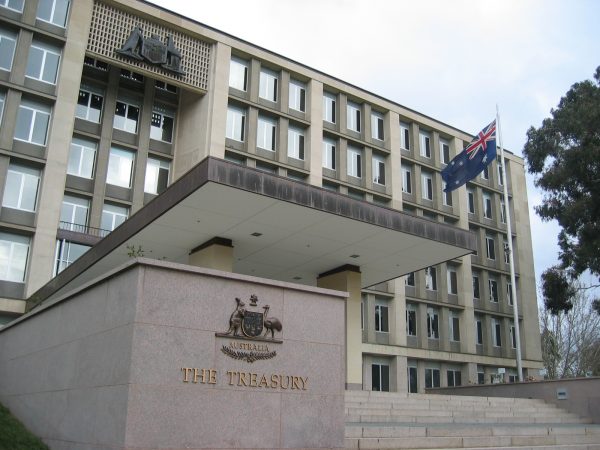The review period has been extended from 30 days to six months. An end-date for the adjustment has not been announced. Exemptions remain — approval is not needed for acquisitions of less than 20 per cent in a company for private investors, and less than 10 per cent for government investors.
The regulation of FDI was arguably already excessively restrictive. Foreign investment is not frozen by the recent change, but smaller projects are now even more expensive to implement. The change risks Australian access to the benefits of FDI — a valuable source of not just funds but also technology, know-how and links to markets. FDI also creates allies in offshore policy debates that matter to Australia.
Meanwhile, access by Australian business to other channels of finance have been relaxed. Many businesses retain good prospects post-COVID-19 and will provide the foundations for economic recovery. But in the short run they have financial commitments but insufficient cash.
Raising equity is one option. Regulations have been relaxed to facilitate this in the stock market — firms can suspend trading in order to make a plan and raise funds with less paperwork. The limit on new equity capital that can be raised within a 12-month period is set to increase. Insolvency laws have also been amended.
Other businesses are refinancing their debt. Banks are offering holidays on repayments. Normally non-repayment would trigger a downgrade of a company’s debt, and requires changes to restore its critical financial ratios. The bank regulator has instead allowed banks to make use of their capital buffers, which are well above international standards.
The federal government and the Reserve Bank of Australia have provided funds to support these adjustments in the structures of debt. The competition authority has also agreed to various forms of cooperation among banks. Newer forms of financing, using a combination of debt and equity that suit the current circumstances, might also grow.
But despite these developments, the access to funds via FDI has been tightened. The motivation for this is not entirely clear. The policy announcement refers to risks to the national interest because ‘normally viable Australian businesses would be sold to foreign interests without any government oversight’. The perception is perhaps that foreign investors could obtain valuable Australian business assets at discounted prices.
But the action taken actually protects cash-rich domestic investors to the detriment of those selling distressed assets in the absence of foreign bidders. A competitive market is the best tool to use to avoid the risks of sales to ‘vultures’, whether they are local or foreign.
Australia has benefited from a flexible exchange rate which helps to adjust to external events. On this occasion, the price of Australian assets is cheaper because the dollar has depreciated. They are therefore more attractive to foreign investors, pulling in capital that helps with the economic adjustment process. Impeding that contribution in the context of a crisis is not desirable. The change also risks diverting the procurement of offshore funding to debt, which comes with various disadvantages, especially in times of crisis.
The announcement makes no reference to the discrimination between source countries. But media commentary reports that the proponents of the regulatory change were focussed on China. They were apparently prompted by the export of medical equipment by local Chinese-owned companies. But this seems like an indirect connection. If the real concern is the behaviour of foreign investors, from whatever location, then the situation remains that they are subject to Australian law and regulations.
With respect to differential treatment of investors, of more interest is the interaction of the new regulations with Australia’s commitments to existing trade agreements. This change is not consistent with current commitments.
Exception clauses in those agreements might be able to be applied in order to lower the screening triggers below levels previously agreed to. But doing so may be interpreted as a lesser commitment by Australia, essentially endorsing backtracking by others in turn. Securing commitments to open trade is vital to the recovery from the COVID-19 crisis.
The trend in the management of regulation in recent months has been to wind it down, for good reason. It is not clear that the wind-up with respect to foreign investment is in Australia’s national interest.
Christopher Findlay is Honorary Professor of Economics at the Crawford School of Public Policy, the College of Asia and the Pacific, The Australian National University. He is Vice Chair of the Australian Pacific Economic Cooperation Council.
This article is part of an EAF special feature series on the novel coronavirus crisis and its impact.

